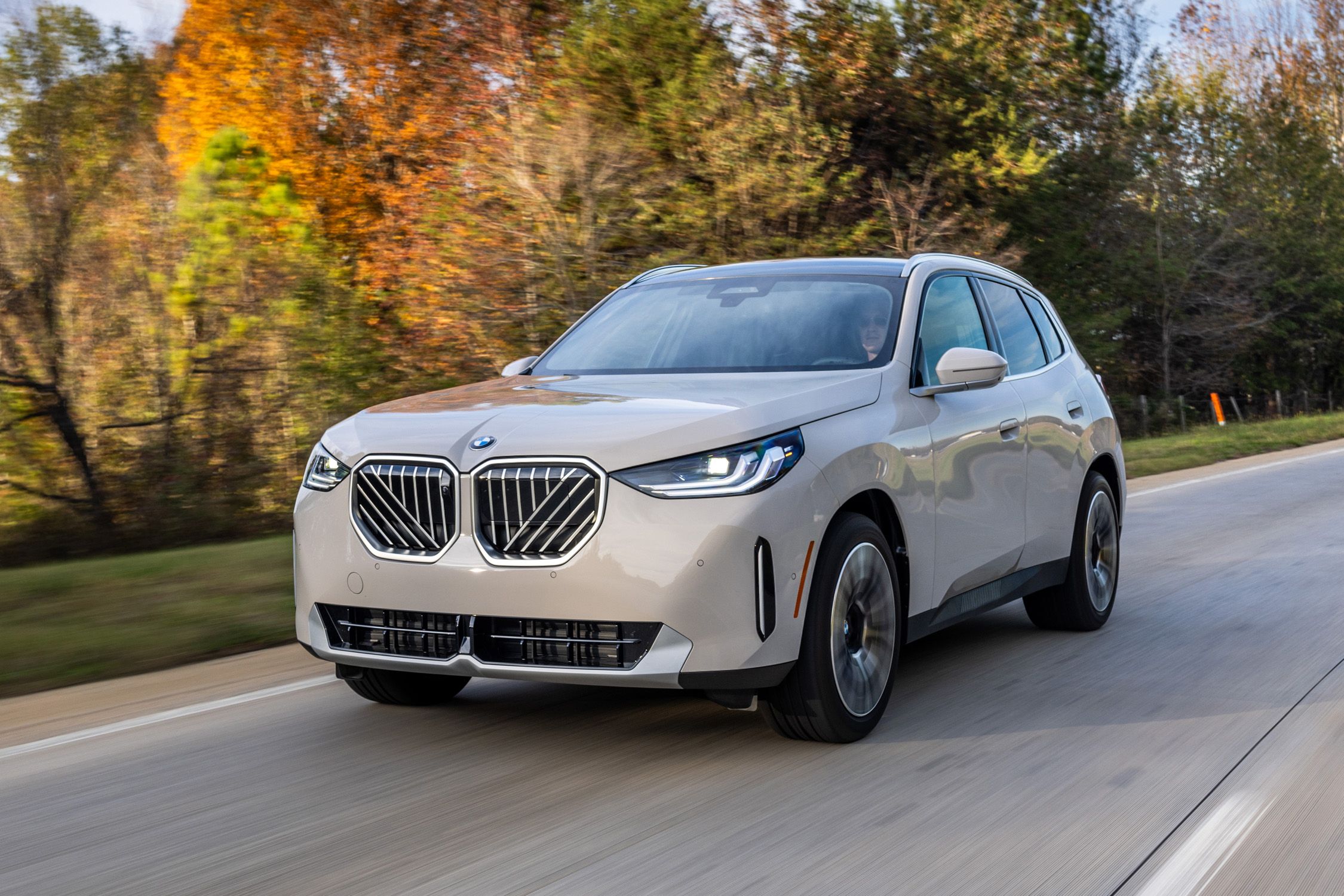New York Rideshare Insurance Requirements Explained
Understanding New York’s Rideshare Insurance Framework
New York imposes strict insurance requirements on drivers working for transportation network companies (TNCs) like Uber, Lyft, and Via. State law mandates that TNCs and their drivers maintain specific coverage levels to protect drivers, passengers, pedestrians, and other motorists. Unlike personal auto policies, standard insurance often excludes commercial activities like ridesharing, creating potential gaps in coverage.
Legal Requirements Under New York State Law
New York’s insurance rules for TNCs are outlined in Article 44-B of the New York Vehicle and Traffic Law and enforced by the New York Department of Financial Services (DFS). Key requirements include:
-
Period 1 (App Off/Personal Use):
- Drivers must carry a personal auto policy meeting New York’s minimum liability limits:
- $25,000 for bodily injury (per person)
- $50,000 for bodily injury (per accident)
- $10,000 for property damage
- Personal policies do not cover ridesharing activities.
- Drivers must carry a personal auto policy meeting New York’s minimum liability limits:
-
Period 2 (App On, Waiting for Ride Request):
- TNCs must provide $75,000/$150,000/$25,000 liability coverage and $50,000/$100,000 uninsured/underinsured motorist (UM/UIM) coverage.
- Contingent comprehensive and collision coverage applies, subject to a deductible.
-
Period 3 (En Route to Pick Up or Transporting Passenger):
- TNCs must provide $1.25 million in liability coverage, $50,000/$100,000 UM/UIM, plus comprehensive/collision coverage.
The Role of the Black Car Fund (BCF)
Unique to New York, the Black Car Fund is a state-mandated program funded by a passenger surcharge (usually 3–5% per ride). It supplements TNC-provided insurance and offers:
- Worker’s compensation for drivers injured on the job.
- Occupational accident benefits covering medical expenses and disability.
- No-fault (PIP) coverage up to $200,000 for drivers and passengers.
Critical Note: The BCF doesn’t replace auto liability insurance. Drivers must still maintain a personal policy and rely on their TNC’s commercial coverage during active ridesharing.
Why Personal Auto Policies Fall Short
Most personal auto insurers (e.g., Allstate, State Farm) exclude coverage if a driver uses their vehicle for ridesharing. Gaps arise when:
- A driver causes an accident while the app is on but hasn’t accepted a ride (Period 2).
- A passenger or third party sues for damages exceeding the TNC’s coverage.
- The driver’s vehicle needs repairs during Period 1 (personal insurance won’t cover rideshare-related incidents).
Solution: Drivers must notify their insurer about ridesharing and secure a rideshare endorsement or switch to a commercial policy. Insurance providers like Geico, Progressive, and USAA offer New York-specific endorsements to bridge coverage gaps during Periods 1 and 2.
Mandatory Coverage Levels for TNCs in New York
Beyond liability and UM/UIM, TNC policies must include:
- Contingent Comprehensive/Collision: Available during Periods 2 and 3, subject to a deductible of up to $2,500.
- No-Fault (PIP): At least $50,000 per person, covering medical expenses and lost wages for drivers/passengers.
Unlike some states, New York’s TNC insurance automatically covers drivers from the moment they activate the app. However, drivers should confirm their TNC’s deductible amount and avoid policies requiring them to bear repair costs for TNC-related accidents.
Penalties for Non-Compliance
Driving without adequate insurance in New York can lead to:
- Fines of $150–$1,500 for first-time violations.
- License or registration suspensions.
- Personal liability for damages if an accident occurs during an uncovered period.
- Denial of claims by insurers, leading to out-of-pocket costs for injuries or property damage.
Additional Coverage Recommendations
Experts advise rideshare drivers in New York to consider:
- Increased Liability Limits: TNC minimums may not suffice for catastrophic accidents. Increase liability to $500,000+ via commercial policies.
- Rideshare Endorsements: Add-ons like Progressive’s RideShare Coverage or Allstate’s Rideshare Plus cost ~$10–$20/month and cover Period 1 gaps.
- Commercial Policies: For full-time drivers, these provide higher coverage ($1 million liability) and fewer exclusions.
Cost Factors for Rideshare Insurance in New York
Premiums vary based on:
- Vehicle type (e.g., luxury cars cost more to insure).
- Driving record and claims history.
- Deductible choices (lower deductibles = higher premiums).
- Coverage limits and endorsements.
On average, New York rideshare drivers pay 15–30% more for insurance than personal policyholders.
Steps to Secure Compliance
- Disclose Rideshare Activity to Insurers: Hiding TNC work voids claims and risks policy cancellation.
- Compare Endorsements: Not all insurers offer rideshare add-ons. Check availability with providers like Geico, Progressive, Erie, or Nationwide.
- Document Coverage: Keep proof of insurance (from TNC and personal insurer) in the vehicle.
- Review TNC Policy Annually: Confirm coverage thresholds match state requirements.
The Future of Rideshare Insurance in New York
Legislative proposals (e.g., Senate Bill S1039) aim to streamline coverage by requiring personal insurers to offer rideshare endorsements. Until then, drivers must navigate hybrid policies combining TNC, BCF, and personal coverage.
